The Token Morpho system represents a significant development in digital asset management, allowing for more precise and varied transactions. This article delves into the nuances of Token Morpho, unpacking its features, potential applications, and influences on the financial landscape. As digital currencies evolve, understanding platforms like Token Morpho equips stakeholders with the insights needed for strategic planning and investment.
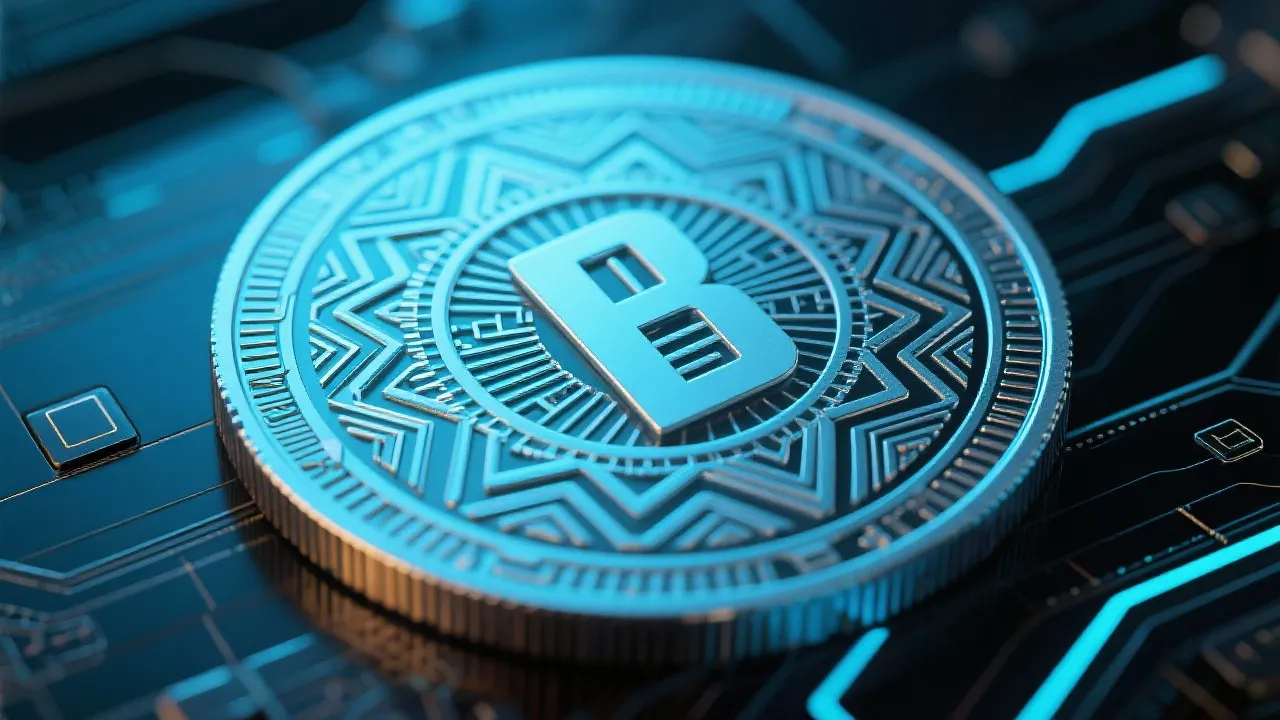
Token Morpho is at the forefront of digital asset innovation, providing a transformative approach to how digital currencies are utilized and managed. This system facilitates detailed and diversified asset transactions, setting a new standard in the digital currency domain. Unlike traditional digital tokens, which often serve singular purposes, Token Morpho introduces a blend of flexibility and specificity, which grants users more control over their digital assets. As a multi-functional platform, it allows individuals and organizations to navigate the complexities of digital transactions with ease, providing solutions tailored to various needs.
Token Morpho operates through a complex yet intuitive framework designed to enhance user engagement and efficiency in digital transactions. The architecture of the system incorporates advanced algorithms that enable it to morph or change form depending on predefined triggers or conditions set by the user. This dynamic functionality stands in contrast to traditional tokens, which remain fixed in their operations. As users engage with Token Morpho, they experience a layer of customization that allows the asset to serve multiple roles within the same asset class, thereby expanding its utility across different use cases.
Each transaction timeline is meticulously planned allowing users to specify conditions under which the token should morph. Such specifications can include market conditions, user-defined criteria, and certain time frames. For instance, if the value of a digital asset rises above a certain threshold, Token Morpho can automatically transition to a form that maximizes its liquidity. This allows users to take advantage of market opportunities without manual intervention, thus fostering a more proactive approach to asset management. The combination of automation and user empowerment makes Token Morpho a monumentally sophisticated solution in the realm of digital transactions.
Token Morpho is not merely disruptive; it actively shapes industry dynamics by providing new opportunities for both investors and developers. Its impact extends across various sectors, ranging from finance to technology, and beyond. Potential applications include enhancing smart contracts, which can dynamically adjust terms based on current market conditions and user requirements, to facilitating cross-border transactions without the usual complexities or delays. This functionality opens doors for more inclusive financial systems, where individuals in underbanked regions can perform transactions securely and affordably.
One of the most promising applications of Token Morpho is in the realm of decentralized finance (DeFi). DeFi projects seek to replicate traditional financial systems such as lending, borrowing, and trading services in a decentralized environment. Token Morpho can seamlessly integrate into these platforms, allowing for more fluid and adaptable financial services. For example, in a DeFi lending scenario, Token Morpho could automatically morph according to a user’s collateral requirements, ensuring that the correct asset type is used to maximize borrowing power while minimizing risk.
Beyond immediate financial applications, Token Morpho also has implications for industries like supply chain management, where transparency and adaptability can enhance operational efficiencies. By introducing such a flexible token system, stakeholders can track and verify assets through their entire lifecycle, adapting their token characteristics as goods progress along the production chain. This could potentially result in significant cost savings and inventory management improvements, showcasing the technology's versatility across various domains.
| Aspect | Token Morpho | Traditional Tokens |
|---|---|---|
| Flexibility | Highly adaptable with multiple roles, capable of serving varied user needs. | Single-purpose and static; limited to predefined functions and characteristics. |
| Security | Advanced encryption and adaptive controls, regularly updated with state-of-the-art technology to ensure user protection. | Standard encryption which may not keep pace with evolving cybersecurity threats. |
| Efficiency | Optimized for speed and cost-effectiveness, reducing transaction times with innovative processing techniques. | Varies, often slower due to fixed processing rules, leading to potential user frustrations. |
| Usage Scenarios | Versatile applications across multiple sectors including finance, supply chain, and healthcare. | Primarily focused on specific industries with limited adaptability beyond their original design. |
As the digital landscape continues to evolve, several case studies highlight the practical applications and benefits of Token Morpho in real-world scenarios. These examples illustrate how organizations and individuals can leverage the capabilities of Token Morpho to solve existing challenges and create new opportunities.
A leading fintech company implemented Token Morpho to streamline cross-border remittance services, which have traditionally been fraught with high fees, lengthy processing times, and exchange rate fluctuations. By utilizing the morphing capabilities of Token Morpho, the company was able to create a solution that automatically adjusts the token value based on real-time market conditions. Consequently, users benefitted from instant transfers at significantly reduced costs, compared to standard remittance channels.
The success of this implementation also attracted attention from regulatory bodies, who recognized the potential for a more transparent and efficient remittance system. The fintech was able to provide verifiable transaction records stored on blockchain, which simplified compliance with anti-money laundering (AML) regulations. This case study exemplifies how Token Morpho can not only enhance operational efficiencies but also provide solutions that meet regulatory requirements.
Another innovative application of Token Morpho emerged in the real estate sector, where a real estate developer began to utilize it for smart contracts during property transactions. The traditional process of handling contracts often involves multiple intermediaries, leading to delays and added costs. By implementing dynamic smart contracts powered by Token Morpho, the developer was able to create an automated process that adapts to changing conditions such as market value fluctuations and financing terms.
For example, the smart contract could morph according to changes in interest rates, thus modifying the financing structure in real-time. This capability not only simplified transactions but also provided both buyers and sellers with greater assurance that their agreements would reflect current market realities. The result was a more fluid and efficient real estate market, showcasing Token Morpho's potential to disrupt traditional practices in various industries.
While Token Morpho presents numerous advantages, it is essential to address the challenges and considerations that come with its adoption. Transitioning from traditional tokens to a more dynamic system requires careful planning and implementation to mitigate potential risks, including regulatory compliance, technology integration, and user acceptance.
One significant challenge is the regulatory landscape surrounding digital assets. As governments and regulatory bodies continue to develop frameworks to govern blockchain technology and cryptocurrencies, Token Morpho's unique characteristics may not fit neatly into existing regulations. Entities adopting Token Morpho must remain vigilant and proactive about compliance, adapting their operations to align with evolving legal requirements, which can vary significantly across jurisdictions.
In addition to external pressures, organizations must also focus on internal factors such as technology integration. Implementing Token Morpho involves collaboration between various systems and processes, necessitating robust infrastructure and skilled personnel. Companies may need to invest in training programs to ensure staff are well-equipped to handle the new technology, which can incur additional costs. Proper integration timelines and user testing can significantly enhance the transition process, reducing potential disruptions to service delivery.
User acceptance forms another critical consideration. As organizations adopt Blockchain technologies, including Token Morpho, fostering user understanding and trust becomes paramount. Providing educational initiatives that explain the benefits of Token Morpho and showcasing successful pilot cases can help alleviate apprehension and build confidence among users. Demonstrating ease of use and providing ongoing support may enhance user engagement and acceptance of the new system.
The future of Token Morpho holds immense promise as the need for flexible and adaptive digital asset solutions continues to grow. As more sectors recognize the potential for dynamic transactions, varied applications will likely emerge, further integrating Token Morpho into everyday commerce, finance, and technology. Companies are already exploring innovative enhancements to the platform, which may include integrating artificial intelligence (AI) to predict market trends and adjust token characteristics proactively.
Moreover, as more individuals and companies embrace decentralized finance (DeFi), Token Morpho can support even more sophisticated financial solutions, providing liquidity management tools or features that allow users to optimize their portfolios effectively. With the increased adoption of smart contracts, enhancing Token Morpho's capabilities could result in even broader use cases across multiple industries, creating a new era of smart, agile digital transaction systems.
Another critical direction involves the collaboration between various players in the blockchain ecosystem. By fostering interoperable platforms, Token Morpho can be enhanced further by integrating with other technologies such as decentralized applications (dApps) or existing blockchain infrastructures. This interconnectedness can create a cohesive environment where users can harness the full potential of digital assets through diverse platforms, enhancing user experience and expanding market opportunities.
Ultimately, as Token Morpho continues to evolve, it represents not only a breakthrough in digital currency but also serves as a benchmark for future innovations in the industry. Its continued development and the lessons learned during its implementation will pave the way for more advanced digital asset systems that prioritize user flexibility, security, and efficiency.
The Token Morpho system is a game-changer in the world of digital currencies. Its unique features offer substantial benefits over traditional tokens, providing a dynamic and efficient option for managing digital assets. As the token industry progresses, adopting versatile systems like Token Morpho is predicted to become increasingly critical for individuals and organizations alike. The ability to adapt to changing market conditions, combined with robust security features and enhanced efficiency, positions Token Morpho as a pivotal player in the future landscape of digital assets, opening doors to innovative applications that can reshape industries.
Navigating Online Bank Accounts
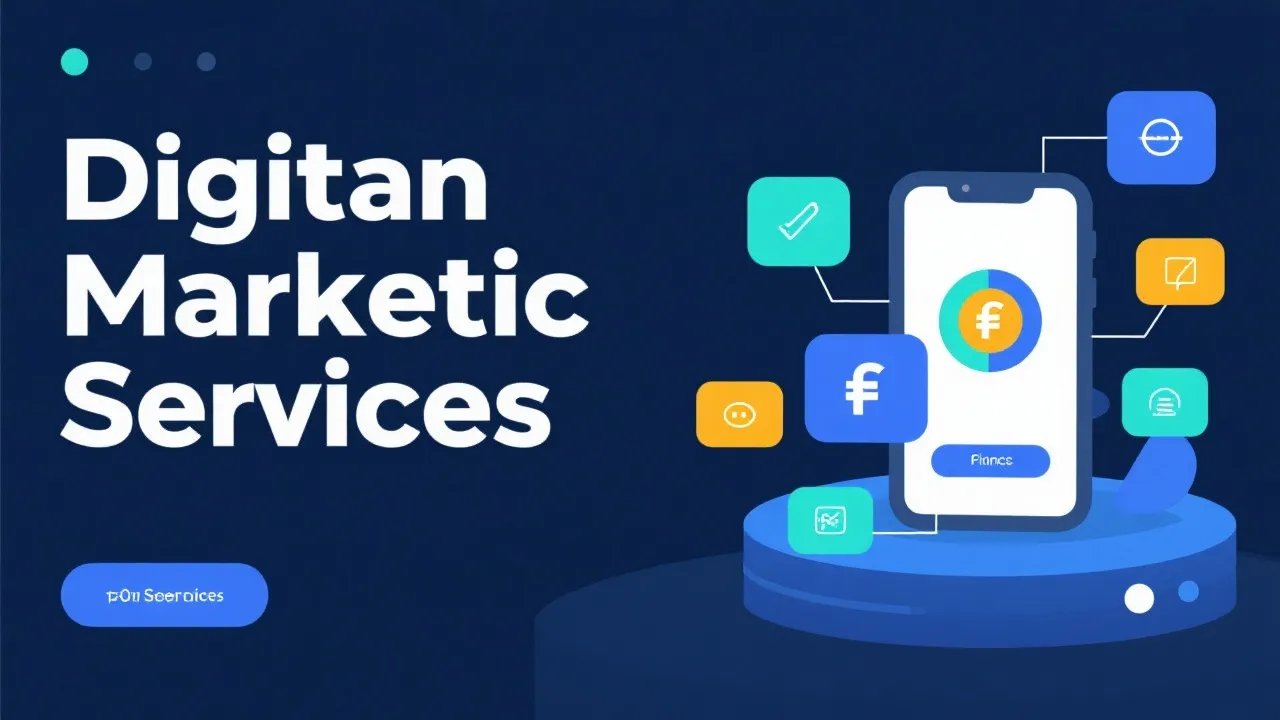
Understanding AC 380 Systems

Discovering the Tiguan's Versatility

Integrating Usaepay with WooCommerce
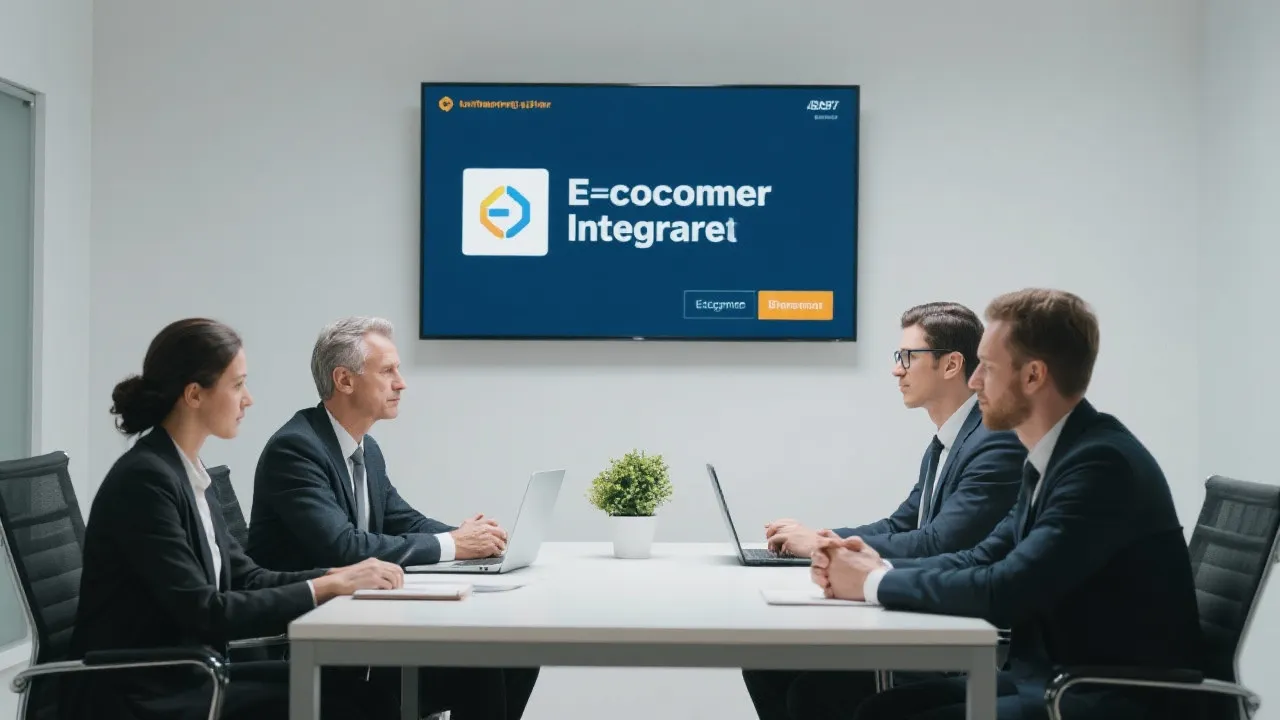
Understanding BA 270 Concepts

Understanding AMQ 6209 in Detail
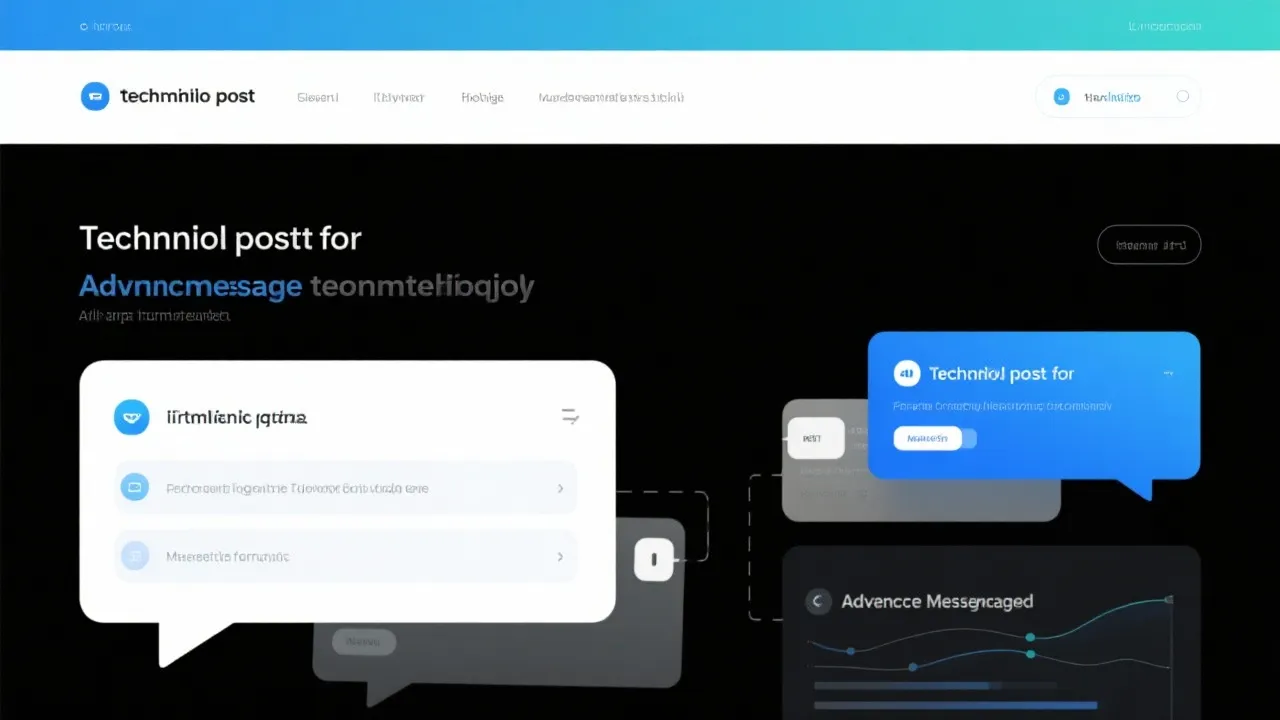
Understanding Hydac RF Filtration Systems

Understanding the BA 270 Course
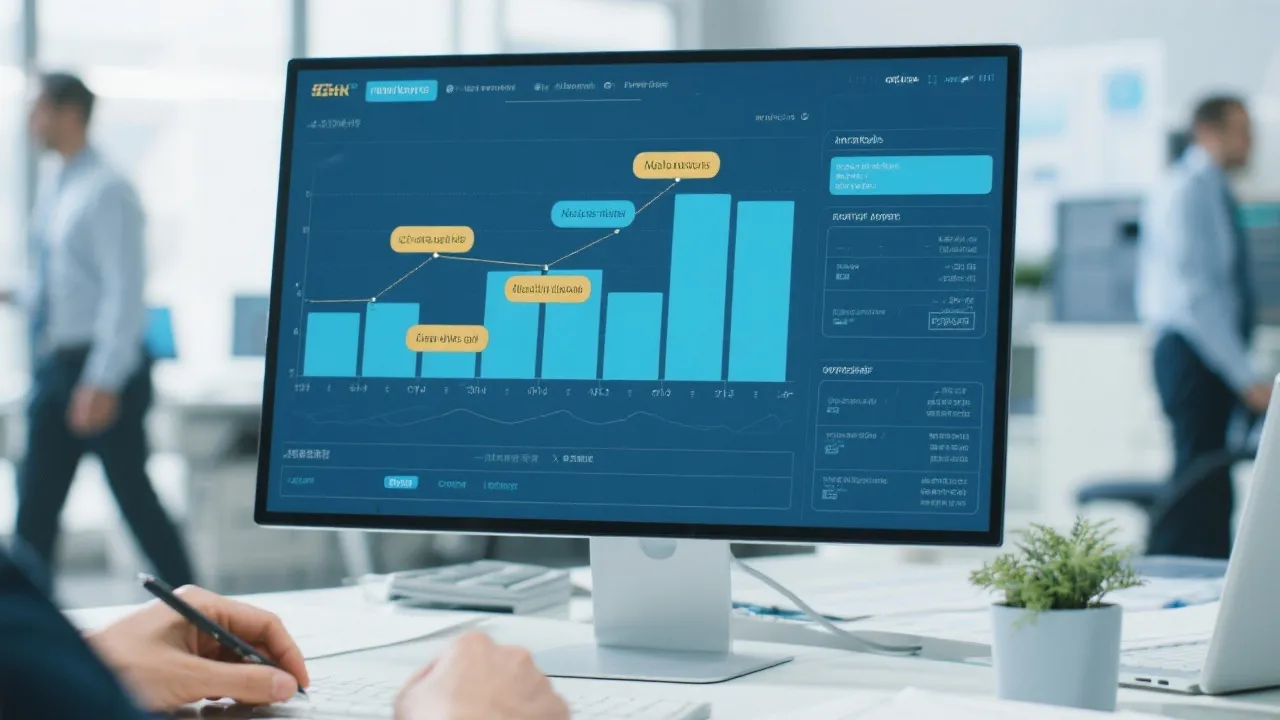
Navigating the Realm of Business Communication
